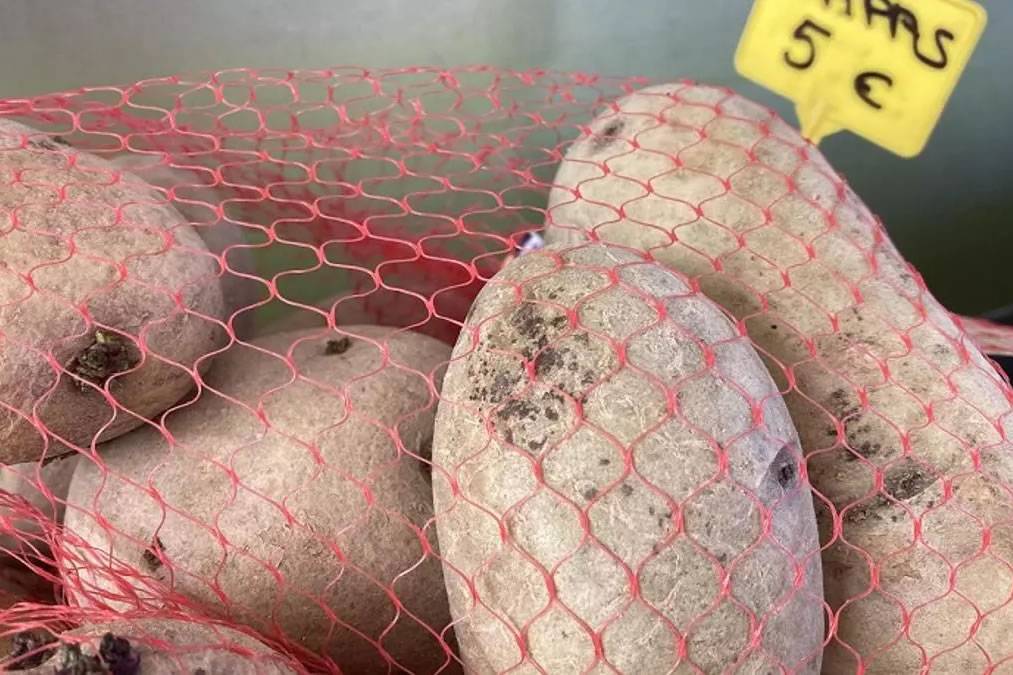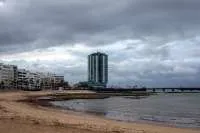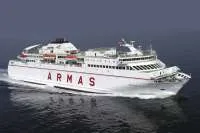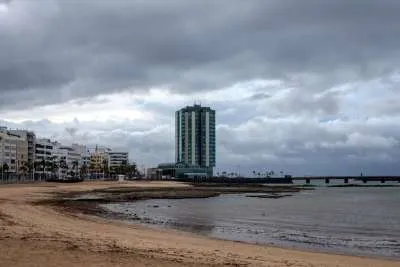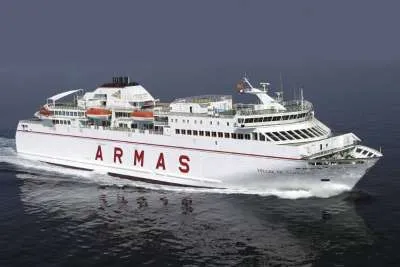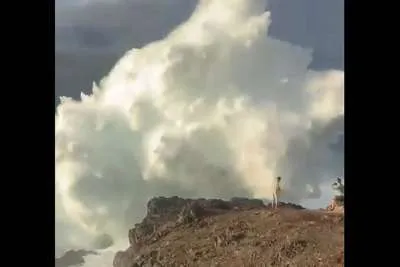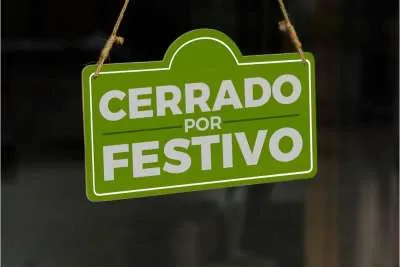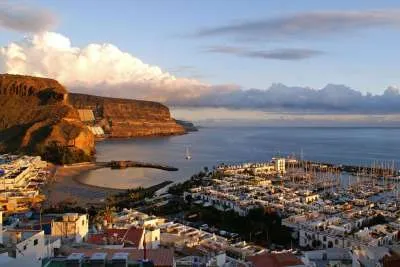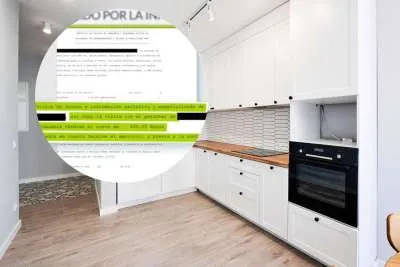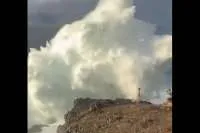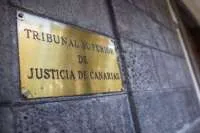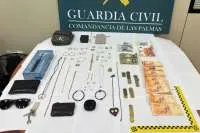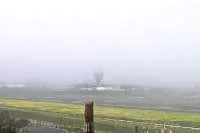POTATO UPDATE: Canaries reject Madrid’s plan to import from other parts of the UK
- 21-09-2023
- National
- Canarian Weekly
- Photo Credit: Canarias Ahora
The Canary Islands are taking a firm stance against a proposed solution from Madrid aimed at alleviating the current potato shortage on the islands. The shortage stems from a combination of factors, including a poor local harvest during the early growing season, and a phytosanitary blockade preventing the import of British potatoes due to an initial outbreak of the Colorado beetle (Leptinotarsa decemlineata) in Kent.
In response, Madrid had contemplated activating imports from other regions of the UK through regulatory changes enforced by the Ministry of Agriculture, Fisheries, and Food. However, this move is currently prohibited due to the phytosanitary blockade that applies nationwide.
The Ministry's regulations, which are designed to protect local agricultural production by limiting imports of fresh agricultural items for phytosanitary reasons, have effectively become an indirect barrier to imports. This regulation plays a pivotal role in allowing the Canary Islands to sustain its internal agricultural market, especially in vegetable production.
While the banana industry follows a different trajectory, and tomato exports have dwindled, the internal agricultural market remains viable thanks to these phytosanitary laws. The cornerstone of this regulation is the Order of March 12, 1987, issued by the Ministry of Agriculture, Fisheries, and Food.
Importers in the archipelago have frequently sought to challenge this regulation, and the central government now views it as a potential means of supplying British potatoes to the Canary Islands. Notably, the local market has been grappling with potato shortages, with supplies occasionally disappearing from store shelves, especially domestically grown varieties. Consumers are facing rationed purchases and soaring prices.
In a recent exchange of information with the Canary Islands authorities, the Ministry has acknowledged that the quickest solution to the potato supply crisis would be to amend the existing order. The proposed changes would distinguish between imported consumer potatoes and seed potatoes, while allowing for regional authorizations, effectively circumventing the nationwide restrictions in the event of outbreaks or phytosanitary issues abroad - a particularly pertinent issue concerning the UK.
The current potato supply crisis is evident in markets, supermarkets, and local stores across the Canary Islands, with no immediate solutions in sight. The situation is particularly concerning for a staple product that forms a crucial part of the Canarian diet. Moreover, the issue of importing 'seed potatoes' from the United Kingdom remains unresolved, posing a significant challenge to the islands.
The delay in seed potato shipments, primarily sourced from the UK, as the Canary Islands do not produce them on an industrial scale, could jeopardize the early harvests of 2024. The late-season crop for 2023-24 should already be in the ground, heightening anxiety over the situation.
Currently, white potato varieties such as cara, recara, róster, and spunta are retailing at over four euros per kilo in many places. Coloured potatoes, excluding the black variety produced by Cultesa with certified seed, are unavailable due to a meagre harvest and issues with seed availability.
Imported potatoes, while expensive, are also of poor quality, having spent considerable time in storage. Anyone hoping to find quality potatoes must be prepared to pay a premium price.
Other articles that may interest you...
Trending
Most Read Articles
Featured Videos
TributoFest: Michael Buble promo 14.02.2026
- 30-01-2026
TEAs 2025 Highlights
- 17-11-2025


